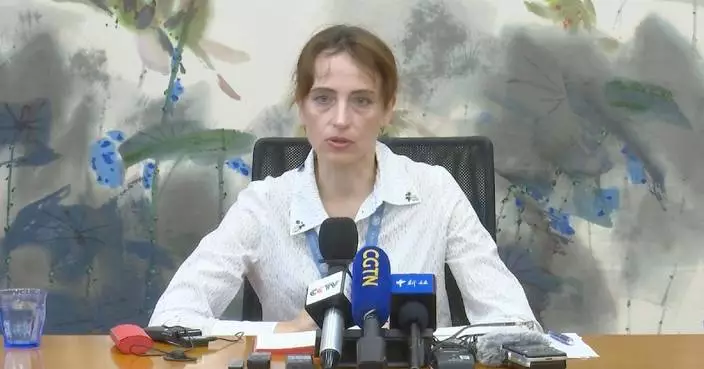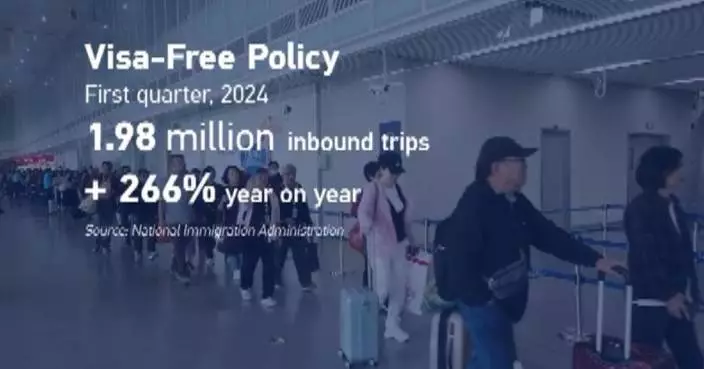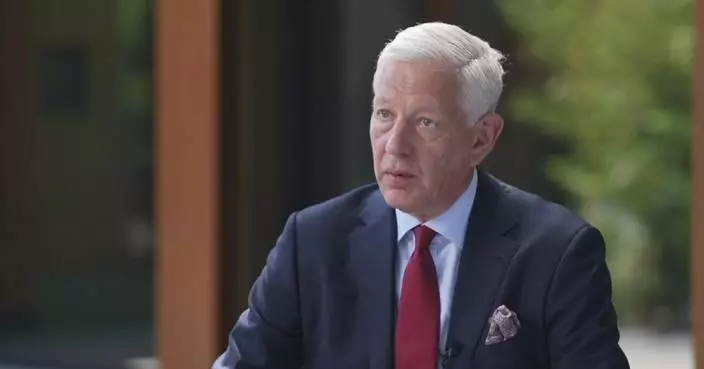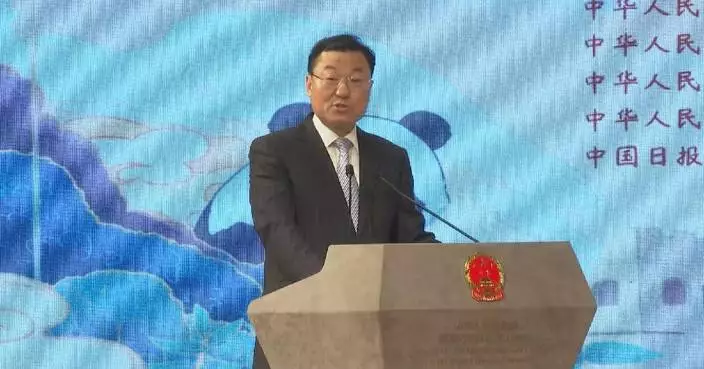China on Saturday denounced the Philippine government for denying a joint agreement reached between the two countries over Ren'ai Jiao.
China has always been committed to properly managing maritime differences through dialogue and consultation with the Philippines and has made relentless efforts in this regard, said a spokesperson for the Chinese embassy in the Philippines when addressing the press. He added that the "gentlemen's agreement" is a concrete outcome of such efforts.
Recently, a number of senior government officials of the Philippines have been denying that the Marcos administration has negotiated, and reached agreement with China on arrangements for managing the Ren'ai Jiao question.
Philippine Secretary of National Defense Gilberto C. Teodoro Jr. said in a statement last week that the Department of National Defense (DND) is not aware of, nor is it a party to, any internal agreement with China on Ayungin Shoal (Ren'ai Jiao) since President Ferdinand R. Marcos Jr. took office and has not had any contact with any Chinese government officials since last year.
To follow up on the important consensus between the two heads of state to deescalate tension in the South China Sea, the Chinese side and the Philippine side through the Armed Forces of the Philippines' Western Command (AFP WESCOM) agreed on a "new model" for the management of the situation at Ren'ai Jiao early this year after multiple rounds of discussions, said the Chinese spokesperson.
The spokesperson noted that either the "gentlemen's agreement" or the "new model" is a confidence-building measure aimed at managing disputes, avoiding conflicts and maintaining peace.
During the discussion the AFP WESCOM has made repeated confirmation that the "new model" has been approved by all key officials in the Philippine chain of command, including the Secretary of National Defense and the National Security Advisor, said the spokesperson, adding the communication and negotiation on this subject matter is kept on record in every detail by the Chinese side.
Thanks to the "new model," front-liners of both sides had guidance to follow on how to interact with each other, which made the resupply mission on February 2 a smooth one and the AFP spokesperson described this resupply mission as "flawless" in a post on social media X on the same day, the Chinese spokesperson said.
Noting China has always attached great importance to communication and dialogue with the Philippine DND and the AFP, the spokesperson said that Chinese Ambassador to the Philippines exchanged views with Teodoro on July 5, 2023 on China-Philippines military relations and maritime issues, during which, the Philippine side was briefed on the "gentlemen's agreement" on the management of Ren'ai Jiao.
Readouts of the meeting were released respectively by the DND and the Chinese Embassy in the Philippines, the spokesperson noted.
The above are facts, not narratives or inventions, said the spokesperson, stressing that China is always committed to managing the situation at Ren'ai Jiao and maintaining dialogue and communication with the Philippines in a responsible manner.
It is regrettable that despite the internal understandings and arrangements, peace and tranquility was disrupted again and again at Ren'ai Jiao, the spokesperson added.

China refutes Philippine government's denial of Ren'ai Jiao agreement









